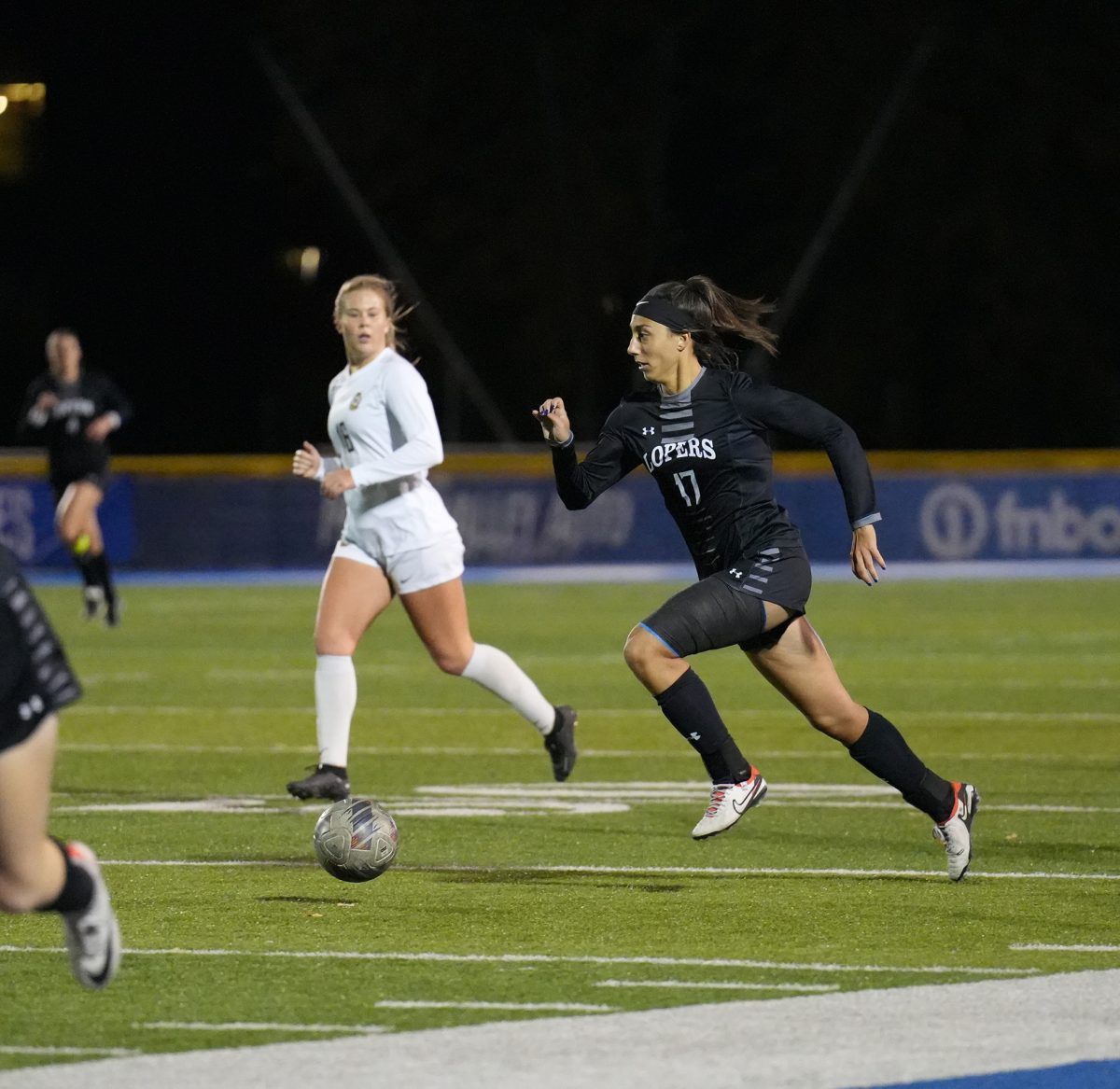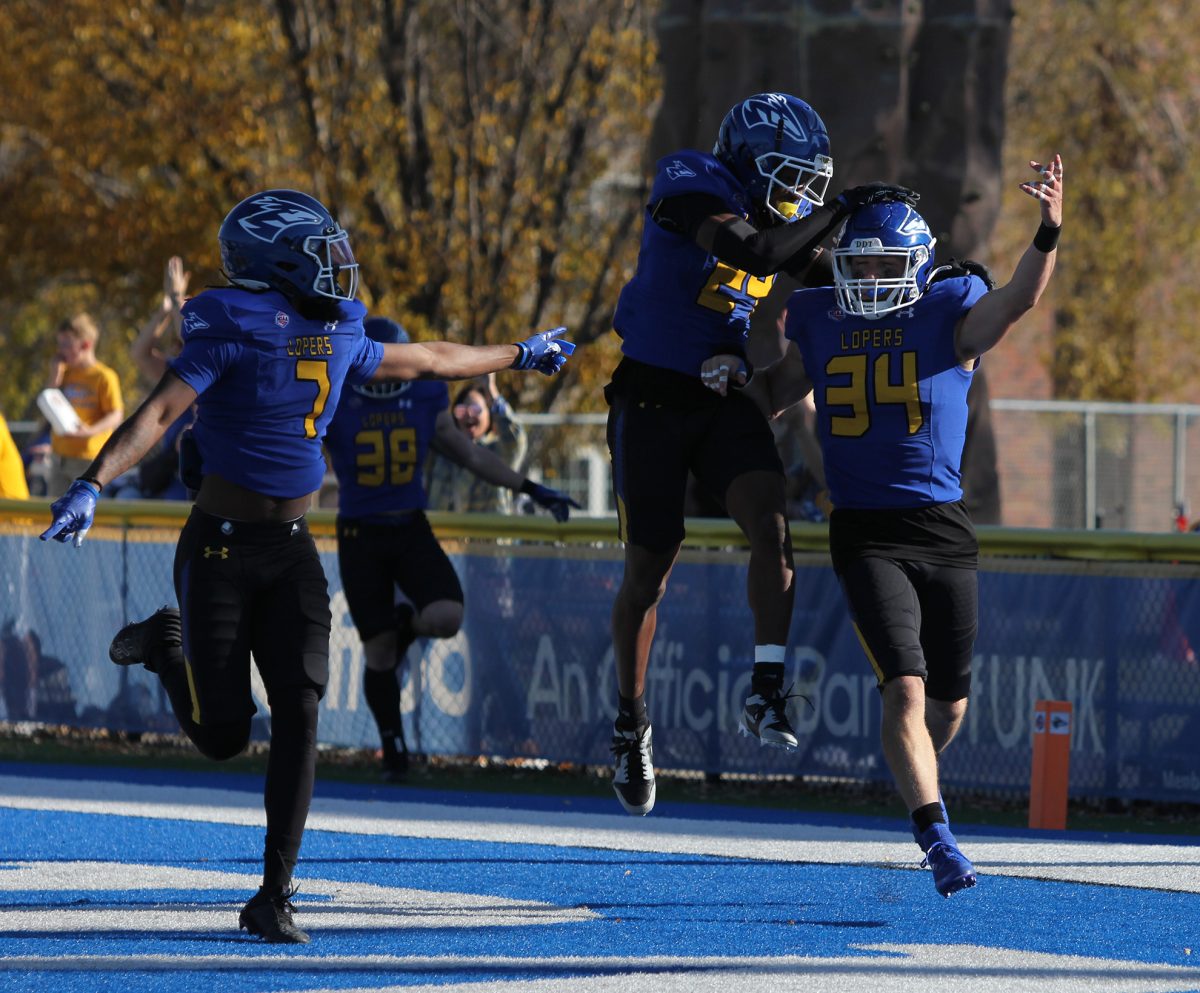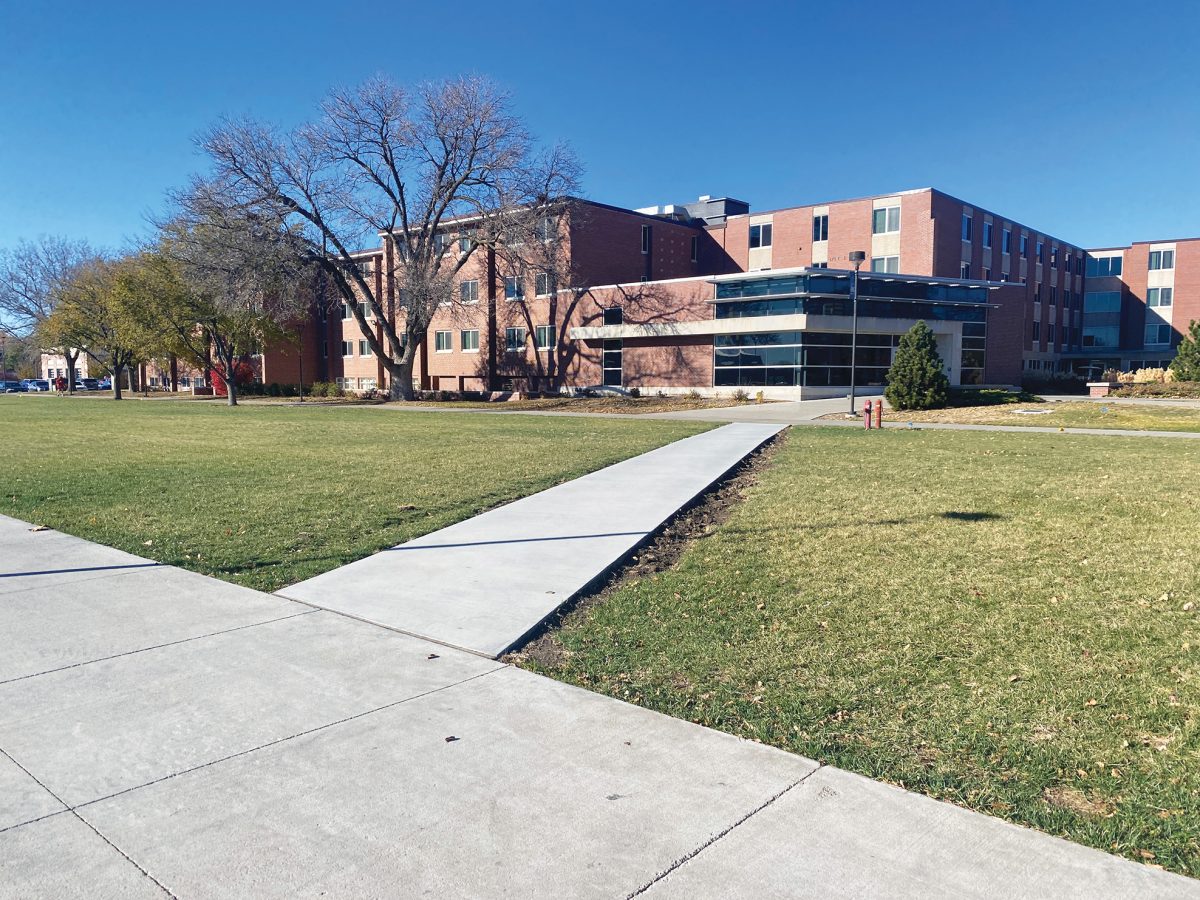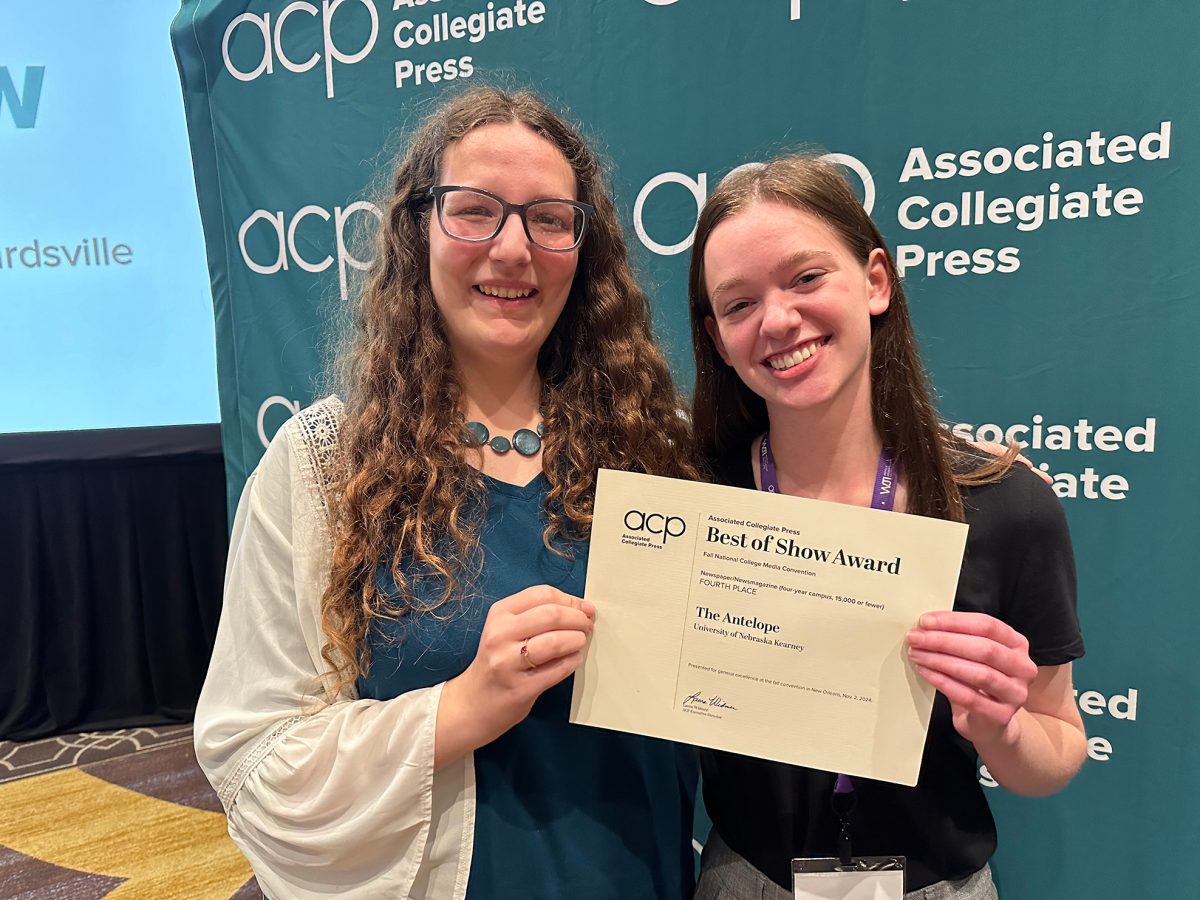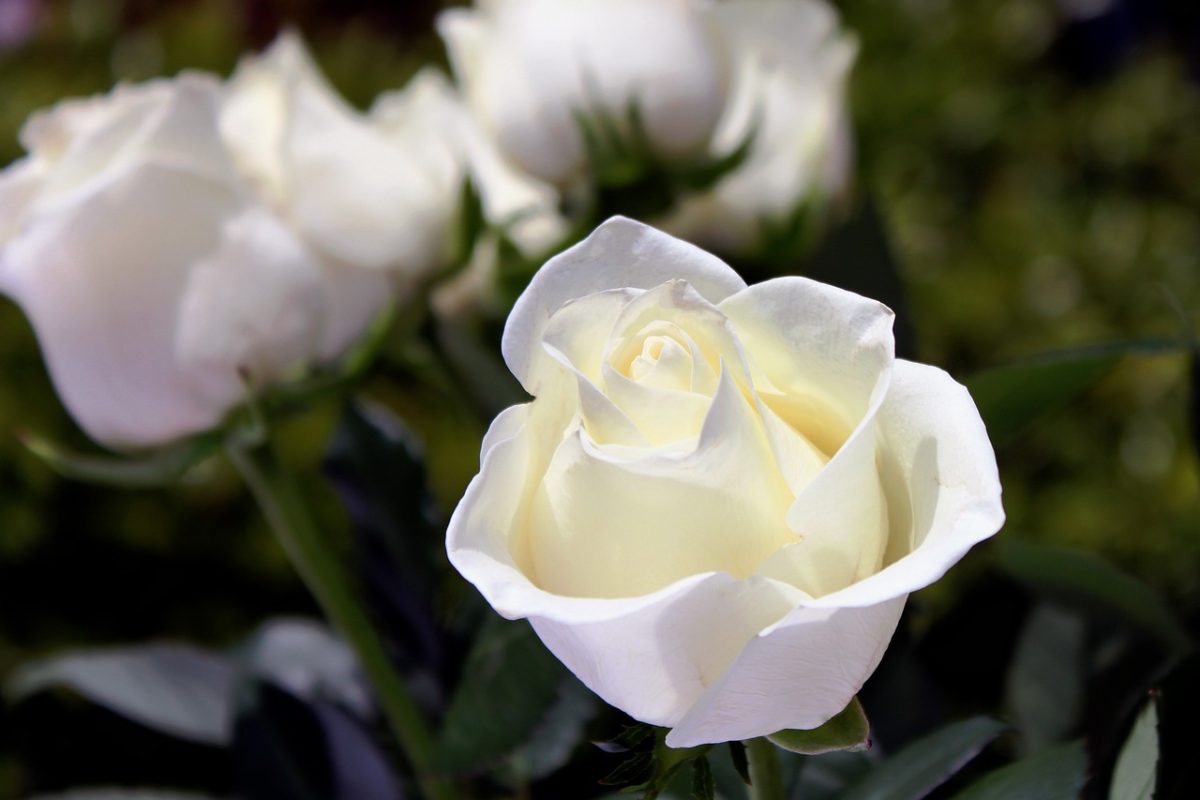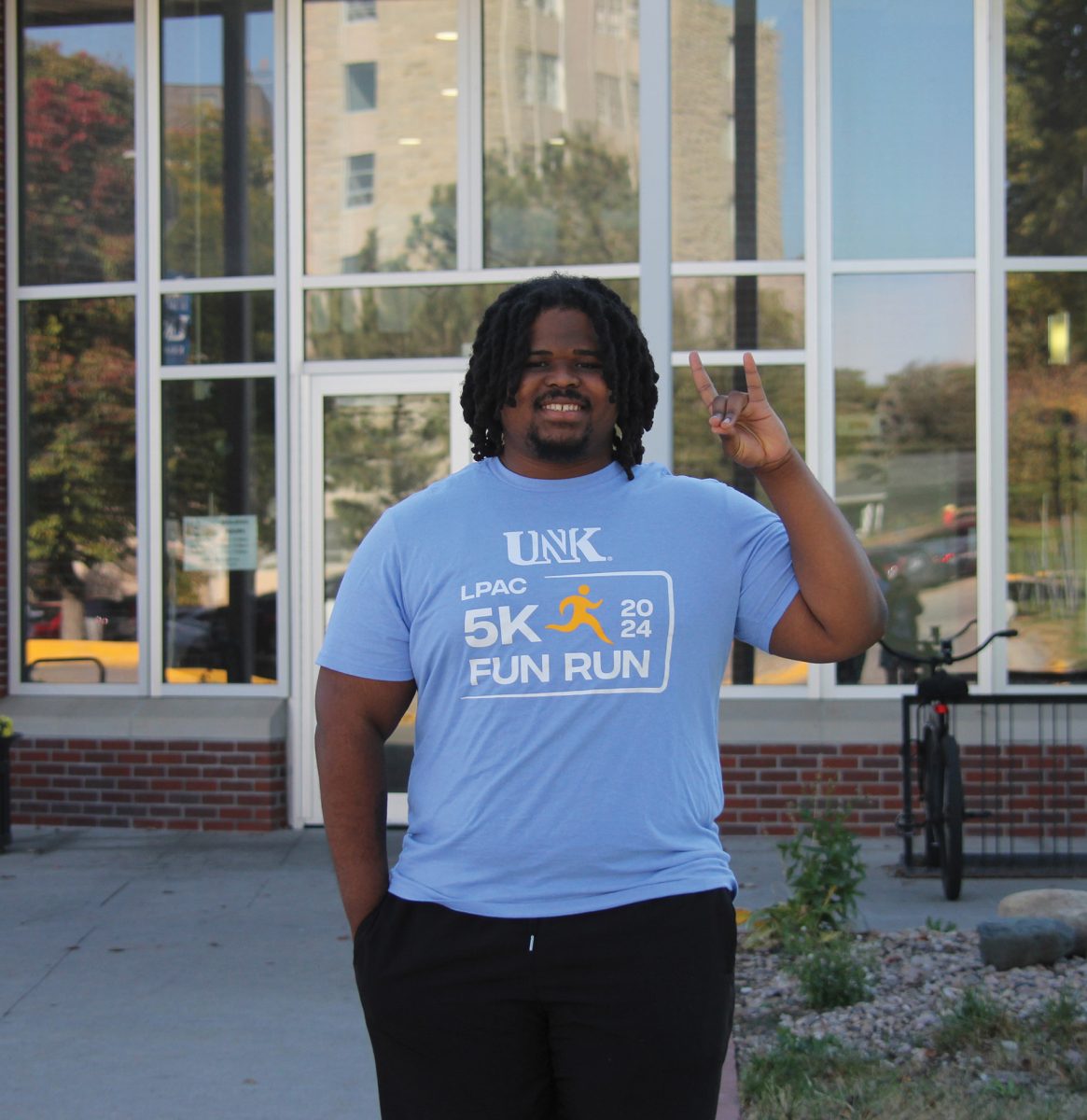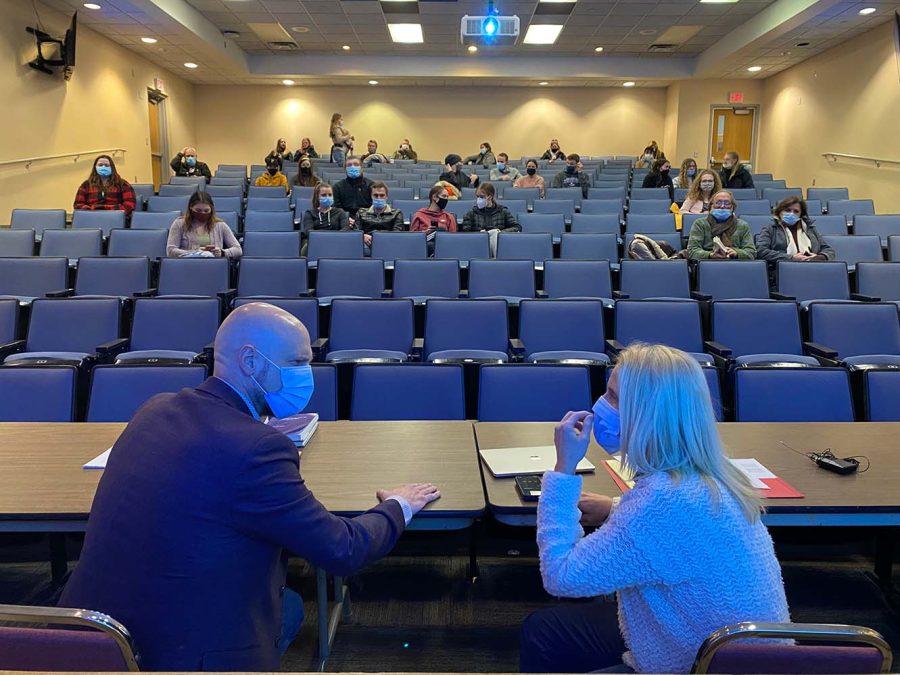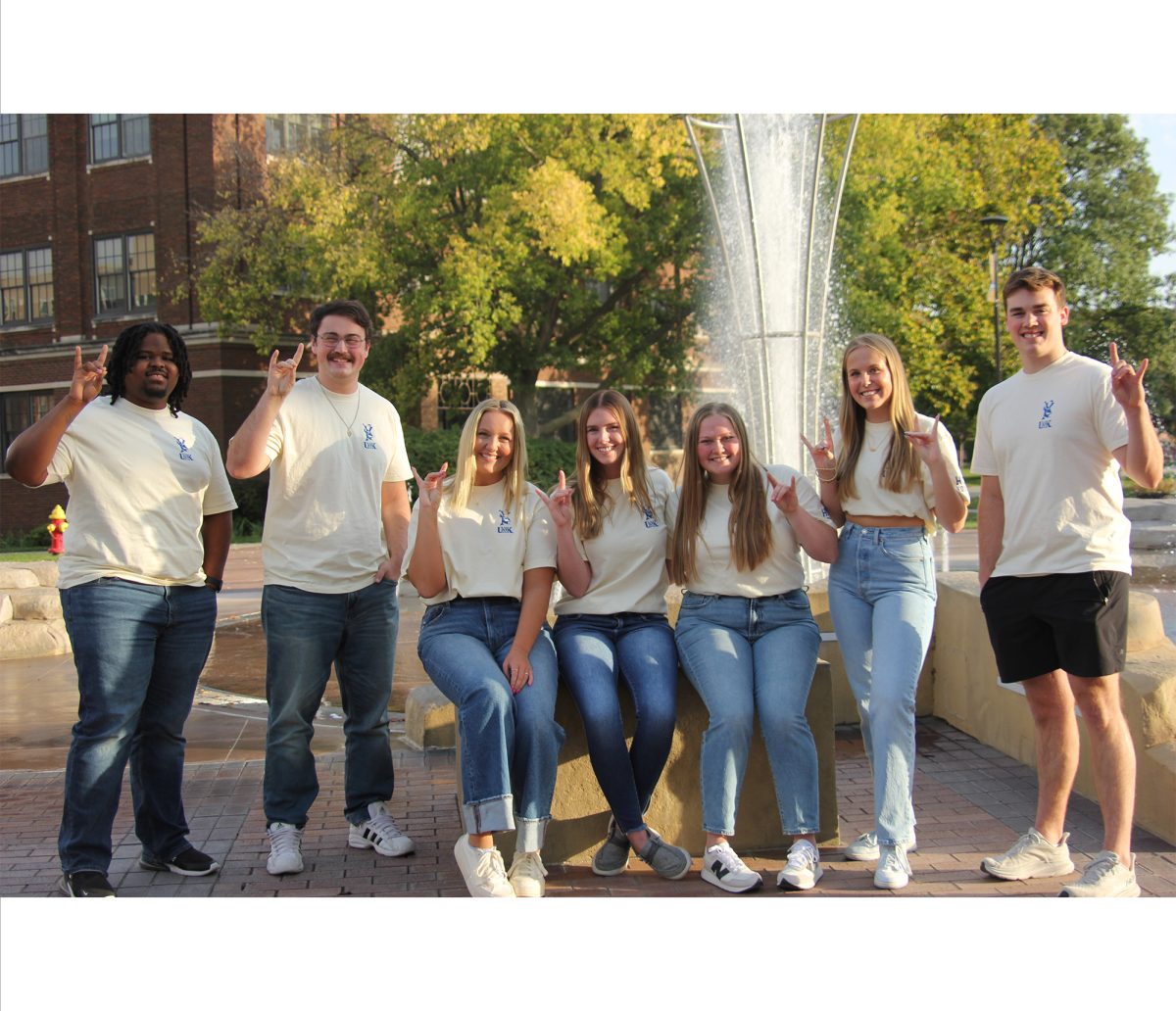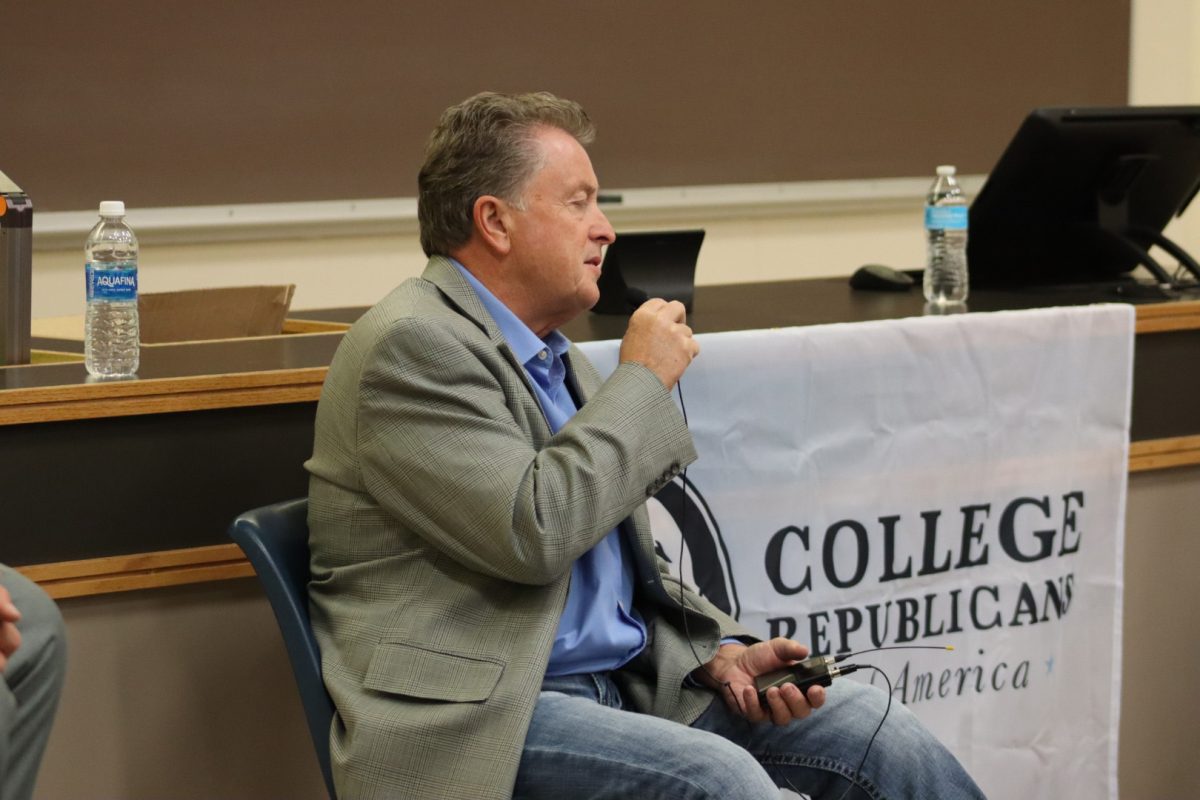liermanm2@lopers.unk.edu
The University of Nebraska Board of Regents voted last week to end the philosophy major at UNK. The vote followed years of lagging degree conferrals that caused the effectiveness of the major to be reviewed.
The major had not sustained enough graduates to meet the seven degrees per year average set by the Coordinating Commission for Postsecondary Education, forcing the Board of Regents to act.
“With what Chancellor Kristensen said, I think this comes back to board consistency and accountability,” said Noah Limbach, UNK Student Regent as he addressed the Regents before the vote. “We have the pleasure of making a lot of easy decisions around here; this unfortunately is not one. But this is accountability — this is in our realm of responsibility, and we’re not going to make someone come in and do that for us.”
The vote followed an impassioned effort from faculty, students and alumni to convince the Regents to vote no to elimination.
“Program elimination for any of our programs absolutely gives us no pleasure,” said President Ted Carter.
Once a driving factor in recruiting new philosophy majors, the changes to general studies left the philosophy department with a unique challenge. Programs across campus compete to be one of 38 classes that could potentially fill the three-credit-hour humanities requirement of the new catalog, down from nine credit hours prior to the change.
“You just pick one and you’ve got six different departments in there,” said Thomas Martin, philosophy professor at UNK. “History threw in 12 courses, English about 10 courses. You have children’s literature — that could be your only humanities course.”
On Friday, Martin shared even stronger opinions as he made public comment on the vote in Varner Hall before being called back to the stand to answer a question of the Regent.
“If you take namby-pamby classes, you’re going to get namby-pamby students,” Martin said. “It’s academically irresponsible what’s going on here.”
Students of the program have appreciated the challenge philosophy provided over some of their other coursework.
“Most of my psychology classes are pretty good at working students, but I definitely feel like I get worked the most in my philosophy courses,” said Jonathan Drozda, Philosophy Club president and a double major in philosophy and psychology. “I think there’s definitely a stigma against philosophy, which is coming from numerous levels. I think it’s primarily having to do with all the extra work that goes into philosophy courses that you don’t quite have with other courses.”
Drozda urges students to study philosophy by coming to meetings or sitting in on classes when able, especially if they want to attain better scores on tests like the LSAT and the GRE for philosophy students.
In the meantime, program’s spark will be kept alive.
“We got a lot of attention to the major and to the program,” said David Rozema, philosophy program chair. “I think that’s the best thing I could come out of this. The Regents, because of the exposure to this issue, they’ll look at the school and say, ‘What are you doing over there? You’re supposed to be a liberal arts university and you’re not.’”
But while the major may be gone, the opportunity to introduce students to philosophy has not yet gone with it.
“It’s important to recognize that the coursework continues, that the minor indeed continues, and that there is indeed work to do,” said Charles Bicak, senior vice chancellor for academic and student affairs. “That work is delivery of the courses and continuation of the minor and to look for what are those opportunities in terms of continuation of philosophy curriculum on our campus.”
But while the major may be gone, the opportunity to introduce students to philosophy has not yet gone with it. “It’s important to recognize that the coursework continues, that the minor indeed continues, and that there is indeed work to do,” said Charles Bicak, senior vice chancellor for academic and student affairs. “That work is delivery of the courses and continuation of the minor and to look for what are those opportunities in terms of continuation of philosophy curriculum on our campus.”






